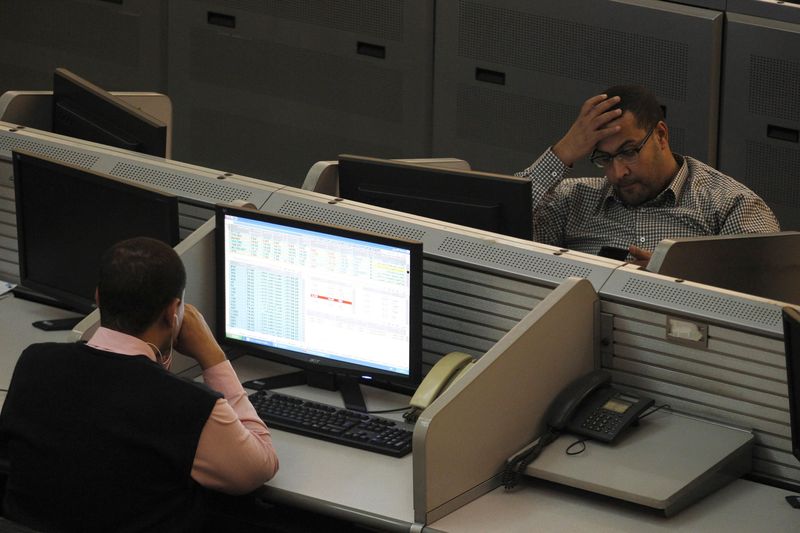Europe may not avoid recession even if US does: Macquarie
Although a recession remains a possibility for the U.S., Europe “continues to barely avoid one and is thus in a more susceptible situation,” Macquarie analysts remarked in a Tuesday note.
Europe's economic fragility had largely been overlooked in recent weeks due to a lack of significant European and UK data, the focus on a potential U.S. slowdown and the Federal Reserve's response, and the European Central Bank's (ECB) decision not to raise alarms about Euro area growth. These factors allowed the euro (EUR) to rally since late July, according to Macquarie.
However, fresh concerns emerged on Tuesday with Germany's final GDP report for Q2 showing a contraction of 0.1%, compared to a 0.1% growth in Q1. This data challenges earlier optimism, as analysts had hoped that the increase in composite Euro area PMIs through May, alongside Germany's services PMI rally, would allow the country to avoid negative growth and settle near 0.0%.
Meanwhile, private consumption in Germany was weaker than expected, declining by 0.2% quarter-over-quarter, following a revised 0.3% increase in Q1. This trend, combined with a drop in September’s GfK consumer confidence index, signals “a lack of recovery in Q3,” analysts noted.
They believe that pressure from China's supply challenges may be contributing to weak consumer confidence in both France and Germany.
Moreover, analysts also point to political uncertainty, particularly in Germany, as another factor dampening consumer sentiment. As polls for the upcoming state elections in Thuringia show, the far-right Alternative for Germany (AfD) party is leading with roughly 30%, ahead of the mainstream Christian Democratic Union (CDU), Socialists (SPD), and Greens.
Still, the results from Thuringia could be a negative surprise for EUR watchers next week, as they are often responsive to political developments that highlight increasing polarization within Europe.
Overall, Macquarie’s team believes that politics and economic growth continue to be the "soft underbellies" of the euro, with the currency's stability largely supported by an ECB that remains hesitant to adopt a more dovish stance, unlike the Fed, due to ongoing concerns about persistently high wage growth in Europe.
Despite this, they see the euro as fragile and particularly vulnerable to disinflationary data or developments.
“Should there be any new signs that wage growth is receding, or that inflation is easing in the Euro area, the EUR/USD could tumble back toward the 1.08-1.10 range again,” analysts continued.
Source: Investing.com
